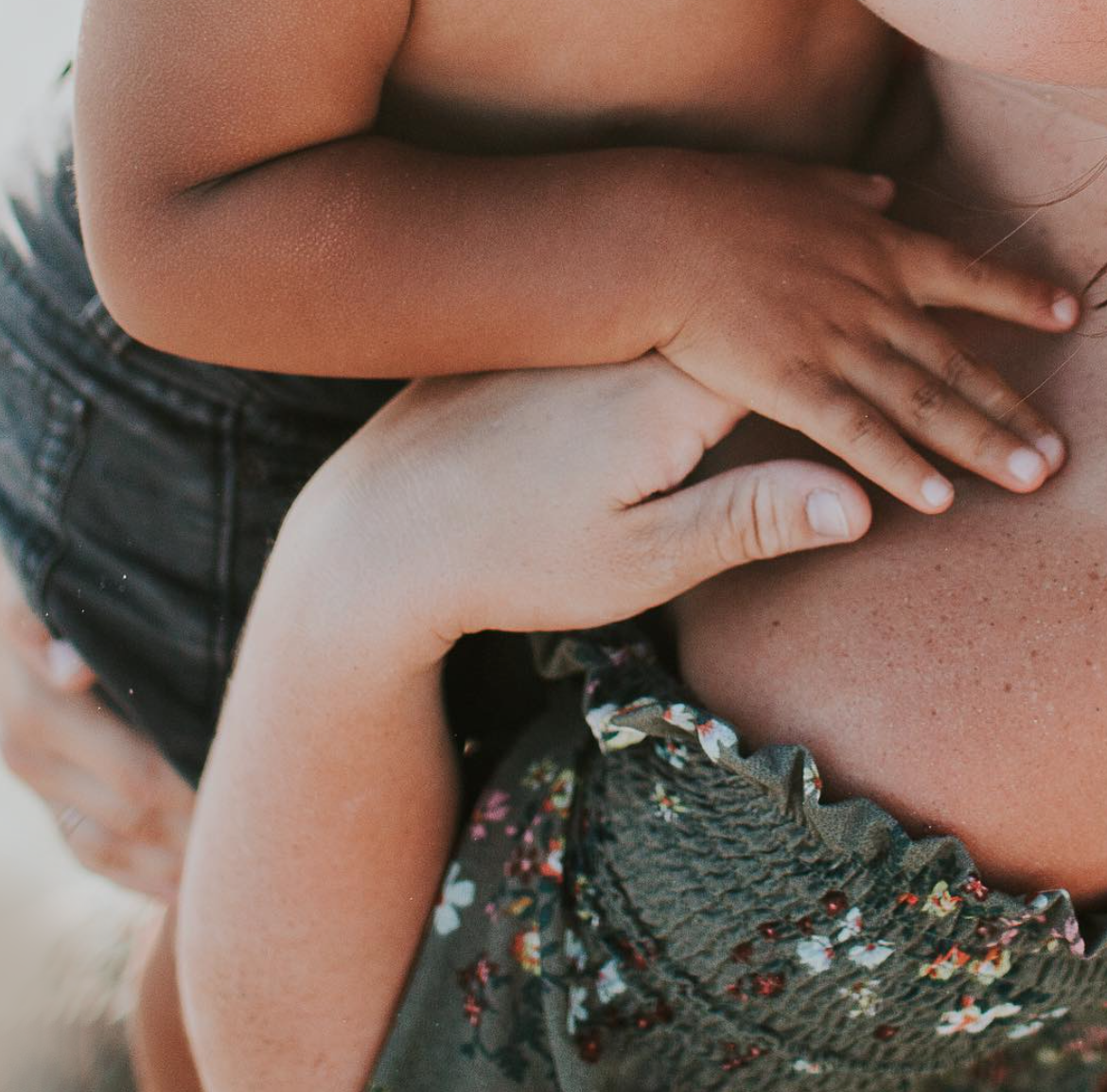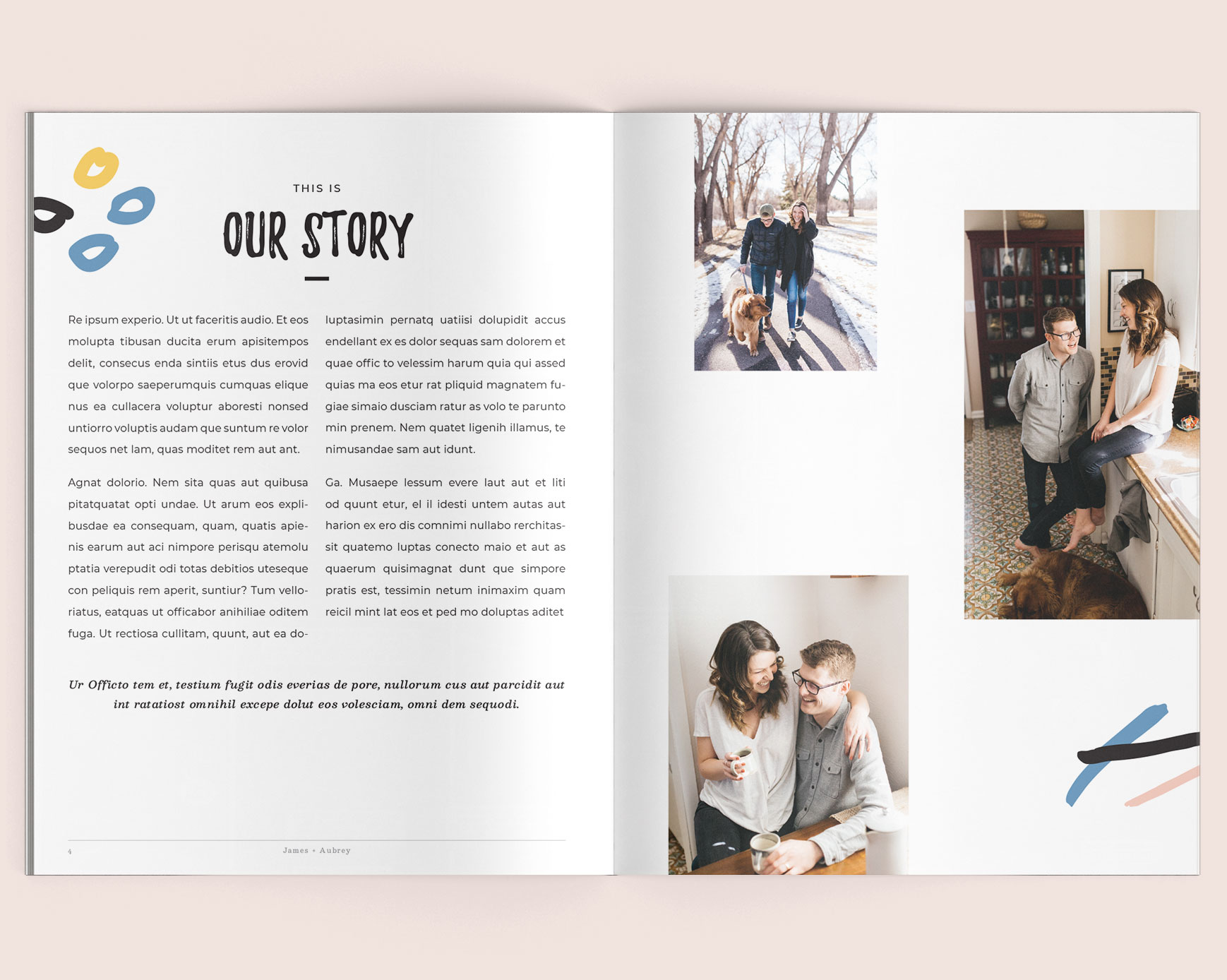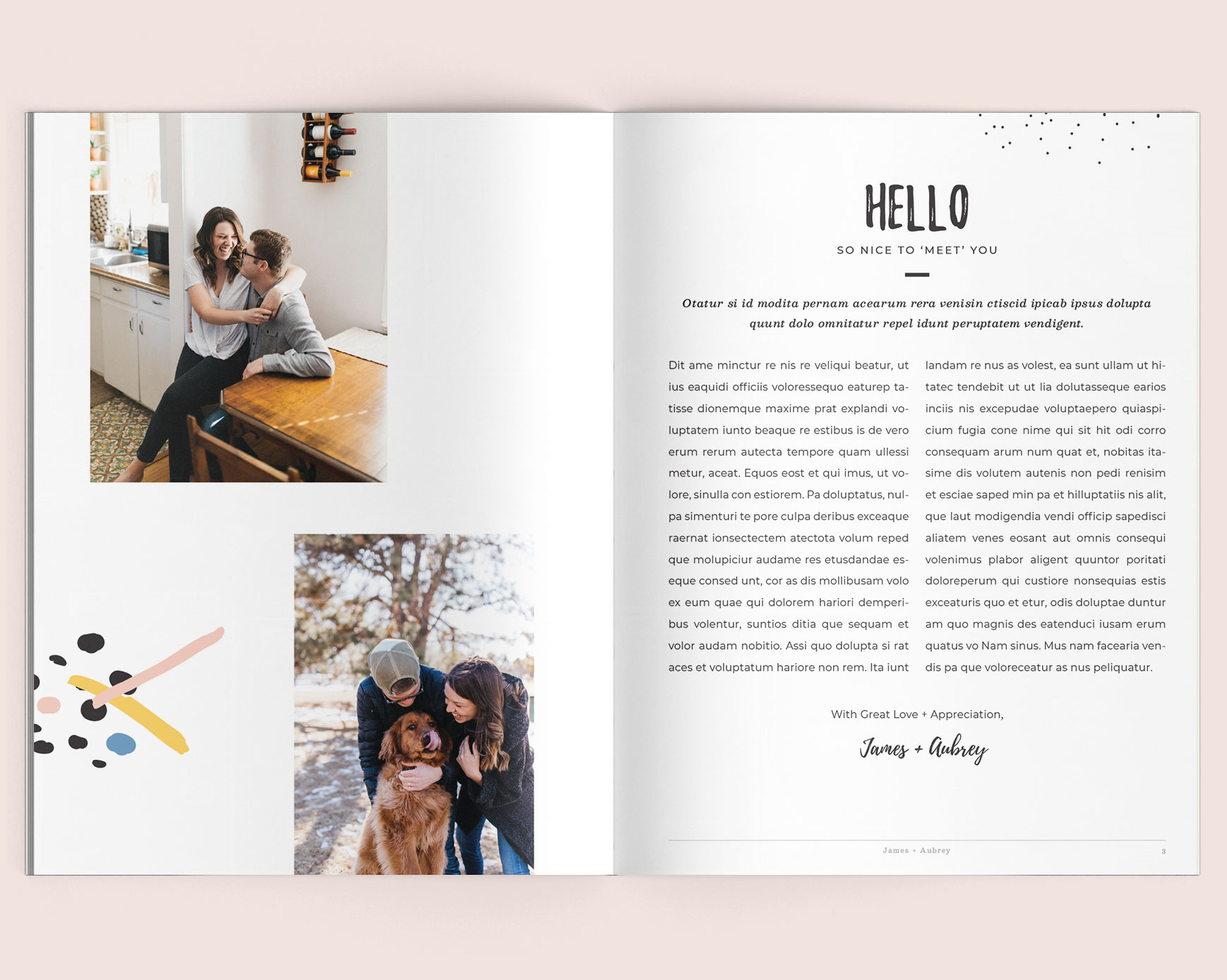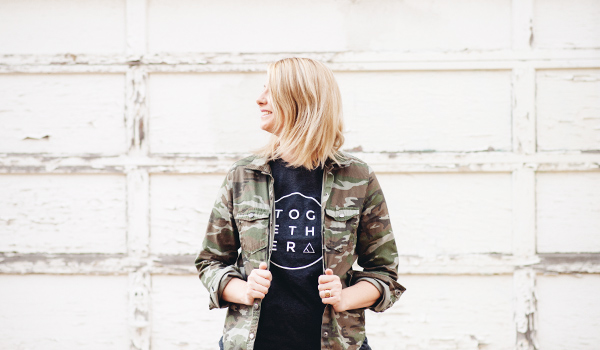Oftentimes, I see the term “birth culture” mostly surrounding international adoptions. While that is absolutely true and something that should be talked about, culture is so much more than a country or place. People create culture. The very definition states that culture is: the customs, arts, social institutions, and achievements of a particular nation, people, or other social group. The fact of the matter is this: If you have adopted, especially outside of your race and ethnicity, then you have adopted outside of your culture.
Years ago, as a social work student, I studied, learned, researched, and dove deep into child welfare. For one specific course, we were challenged to analyze transracial adoptions. I will never forget sitting in that classroom as heated debates came up between students. I dug into my college library printing off hundreds of scholarly studies and articles, checked out books by psychologists, sociologists, LCSW’s, and (the ones that wrecked me the most) memoirs and experiences from those who had lived it, adoptees themselves. My young twenty-one year old mind was being blown by all the issues I had never thought of in adoption, and my original perception was being ripped to shreds as I had to wrap my mind around all I was taking in. One thing was made clear to me: Adoption is complex, and transracial adoption adds another layer to that complexity.
I am extremely grateful for the foundation that was laid for me through my higher education and experience in the field, but honestly, even though we knew what we would need to do as adoptive parents and were 100% intentional about where we adopted from and why, it still wasn’t enough to prepare me. It took a matter of hours after announcing we had started the adoption process from Japan to get a racist comment. I was stunned and didn’t know what to do or how to handle it. We didn’t even know who our child was yet. How was I going to handle this? How in the world would I teach my child about something I clearly had never experienced? Nothing could have prepared me for the fact that I have to teach my son what racism is, that he will experience it (he already has), and how to handle it. I knew then, I had work to do.
There has been so much discussion these past few years about the importance of representation, and I believe providing that through books, media, and – most importantly – community is absolutely essential in raising transracial adoptees. But as adoptive parents, I believe the first place we actually need to start, is ourselves. If we have not spent time educating ourselves, unpacking and discovering our own privilege, biases, and prejudices, how can we incorporate our child’s birth culture well?
So I want to start with us, and please know, these are questions I have to continually ask myself.
Do you read books written by people of color?
Are you taking in media perspectives that are different than your own, and willing to sit and listen?
Are you okay with sitting under the authority and leadership of people of color?
Are you willing to try new foods that are unfamiliar to you?
Are you willing to take a good, hard look at who your friends are? And if they all look like you, can you figure out why that is?
Are you willing to learn a second language so that you can teach your child the language of their birth culture?
Because here’s the thing: we can put books on our kid’s shelves about the dream of MLK. We can celebrate things like Black History Month. We can make sure they are watching shows like “Big Hero 6” or “Doc McStuffins” where the main characters are people of color, and I believe all of that is important. But if we as parents are not doing our own work and uncovering things in ourselves to better teach, serve, honor, and love our children, do we really understand the importance of incorporating our child’s birth culture, which is a big part of their identity and honoring their birth families?
If I have learned one thing as a parent, it’s that it starts with me. When a blow-up happens, it’s typically because my own unresolved issues are getting in the way. When my child has a behavior I want to correct, I can usually look at myself and realize I’ve modeled that behavior in some way. This is no different. We have to stop using the term “birth culture” like it’s a checklist of things to do and instead model to our children that exploring and integrating and uncovering this is a lifelong process.
It is the most beautiful, wondrous, inexplicable thing to love someone with your whole heart who does not look like you and you did not bear. It’s one of the most beautiful things about adoption. I see birth culture as a continued extension of that love, because think about what that communicates to our children:
I see you.
You matter.
Your voice matters.
Where you come from and who you come from matters.
If you have already adopted, I want you to understand I do not say any of this to discourage you if you aren’t doing any of these things. No matter what, I know I will always fall short in this area and will never be perfect. I can’t change my ethnicity, and ultimately, I don’t know what my child is internalizing right now. This is why I believe continuously listening and learning from adult transracial adoptees and people of color is crucial, and I encourage you to dig into the resources below to get started. I’m not telling you to do things like pick up and move. But I am asking you to do the work in yourself and see if major decisions like moving neighborhoods or changing churches is necessary, because we’ve had to do that ourselves.
If you have not adopted but are interested in adoption and foster care, I implore you to start doing this work beforehand. Some of these questions are straight from a workbook I created for pre-adoptive parents, and there is an entire section with questions about becoming a multi-ethnic, multi-cultural family.
If you are a foster parent, I encourage you, as difficult as it may be with the hundreds of appointments and visits you must keep up with, to really think about and work
As always, I never want to dump something this heavy on you without giving you practical tools to move forward. This work is not easy, and it doesn’t end with one book or article. It is a continual process where you have to be brutally honest with yourself, but it is oh so worth it. Your child is worth it.
Resources to help you get started or continue on this journey
Me and White Supremacy workbook and videos by Layla F. Saad
Anti-Racism Parenting Series by Keila Tirado-Leist
“Allowing My Super-Power of Being A Transracial Adoptee Help Me Raise My Transracial Family” by Brandi Ebersole
“The Windows and Mirrors on Your Child’s Bookshelf” by Grace Lin
People to follow on social media
(Please note: people are not resources. Honor their voices and work by listening and engaging respectfully. There are so many to learn from, these are just a few who both challenge and encourage me as a mom.)
Christa is a wife, mom via adoption, coffee consumer, and Mary Poppins wannabe. A born and raised Texan, she is doing all the things she said she never would, like homeschooling, going gluten and dairy-free, using essential oils like they are going out of style, and writing her first book. She and her husband are both former social workers-turned-writers and entrepreneurs. She loves sharing about the joy and pain of adoption and helping to prepare others along the way. She keeps it raw and real, and you can find her rocking the mom-bun, making more coffee, and processing through words on her blog at spoonfulofjordan.com and other real-life shenanigans over on Instagram @spoonfulofjordanblog.










